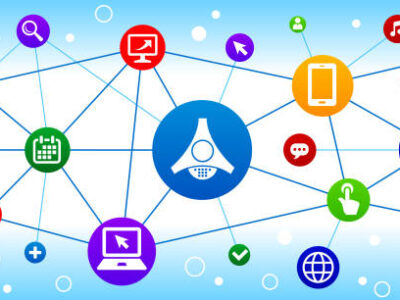Multi-day events, whether they’re conferences, festivals, or corporate retreats, present unique challenges in planning and execution. The complexity of managing such events efficiently requires a combination of robust strategy, precision in execution, and the right tools to keep everything running smoothly. Here’s a guide on handling the intricacies of extended events, ensuring they are memorable for all the right reasons.
Comprehensive Planning: The Bedrock of Success
The cornerstone of managing any extensive event is airtight planning. This involves everything from logistical arrangements to programming and participant management. Starting early is crucial it gives you ample time to map out every detail and anticipate needs that may arise over the event’s duration.
A pivotal part of this planning phase is deploying event staff scheduling software. This tool helps assign shifts for each day and ensures that all roles are covered throughout the event. It can adjust dynamically to changes, which are often inevitable, keeping the event flow smooth and preventing staff exhaustion.
Leveraging Technology to Enhance Experience
In the management of multi-day events, technology can be revolutionary. Event platforms of today have integrated feedback systems, real-time communication, and attendee tracking. Using mobile apps, guests can get schedules, updates, and interactive components to improve their experience and involvement.
Using RFID wristbands or other similar technology can also simplify entrance procedures, increase security, and offer insightful information on attendee preferences and behavior. Making quick changes during the event and designing the next ones depend on this knowledge.
Effective Communication: Keeping Everyone on the Same Page
Clear and continuous communication is vital in multi-day event management. It’s essential not only for coordinating with your team but also for keeping attendees informed and engaged. Daily briefings with staff can help address any issues from the previous day and set the stage for the day ahead.
For participants, regular updates through emails, apps, or social media can keep them informed about what to expect each day. This ensures they feel valued and involved, boosting their overall experience.
Attendee Management: Fostering a Positive Environment
The length of multi-day events means that attendance management transcends basic registration. Giving participants tools like information desks, leisure areas, and enough signage will help to improve their experience greatly. Making sure participants have simple access to needs including food, water, and first aid can help them to be safe and comfortable.
Moreover, arranging entertainment or networking chances might aid in sustaining high levels of interest and enthusiasm throughout the event. Attendee pleasure depends on these events, hence they are essential and can make an ordinary event great.
Conclusion
Managing multi-day events successfully hinges on meticulous planning, effective use of technology, and excellent communication. Employing event staff scheduling software streamlines the complex task of managing human resources across multiple days, ensuring that every aspect of the event is adequately staffed and operations run without a hitch. With these strategies and tools in place, event planners can not only meet but exceed expectations, providing memorable experiences that attendees will cherish long after the event concludes.














Comments